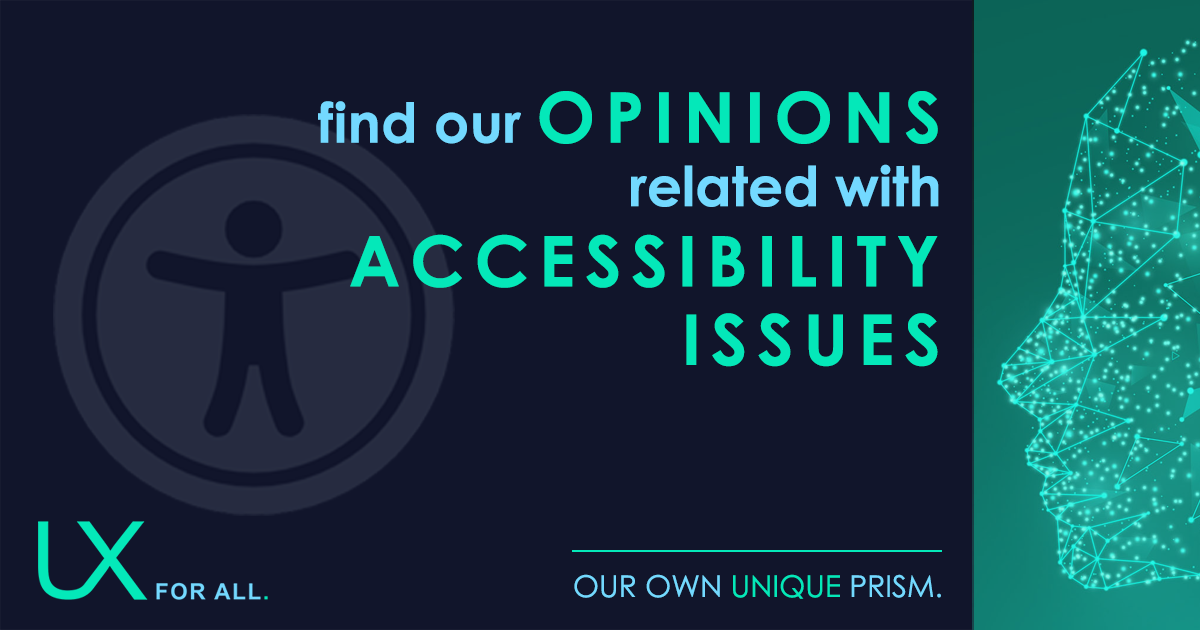 A while ago, browsing my feeds, I saw an article title that really caught my attention. The title was “I’m boycotting intuitive interfaces“. John Pavlus explains the concept of intuitiveness and to some extend it reminded me my post on instincts, intuition and the famous… nipple! As John puts it, intuitive is a UI that feels familiar. It feels like you know how to use it. But the word itself might lead to different expectations and possibly fears.
A while ago, browsing my feeds, I saw an article title that really caught my attention. The title was “I’m boycotting intuitive interfaces“. John Pavlus explains the concept of intuitiveness and to some extend it reminded me my post on instincts, intuition and the famous… nipple! As John puts it, intuitive is a UI that feels familiar. It feels like you know how to use it. But the word itself might lead to different expectations and possibly fears.
Intuitive is not supposed to be something that senses your intends and acts accordingly. Or at least… it should not be doing so unless you know why, when and how it does it and have a certain amount of control on it. If your smartphone turns the speaker on whenever you place it face down on a table it’s a cool feature that exploits a familiar move/gesture and turns it into action. If you know about it it’s ok. If you don’t then instead of intuitive the feature might become… creepy… annoying… or even frustrating. Imagine talking to you girlfriend on the phone while you are at the office and you just leave it face down on the desk for a while. The speaker turns on… she doesn’t know about it… she thinks nobody else is hearing and she starts singing, speaking to herself (or doing whatever other embarrassing thing you can imagine). All of a sudden, the intuitive feature becomes, creepy, annoying, frustrating and possibly embarrassing too!
So, on one hand all these cool intuitive UI’s feel good and cool and sexy if you know about them. But at the same time, they could become exactly the opposite when you don’t. They could go from magic to creepy in seconds. So, how could we be sure that all people know about them? How could a friend of mine coming to my home know that my new TV set is turning on if you say “Hello TV” to the remote? What if he says “Hello my precious” to his own TV to switch it on? After all, intuitive interfaces are meant to make our interactions easier, more natural and possibly more effective.
I know, I’m playing with words and John ends up saying that he wants UI’s to be familiar, legible and evident. That the whole race for intuitive interfaces is maybe an exercise in futility. After all we don’t want interfaces to be magic. Thinking about it I have to say I agree to some extent. However, we will never stop learning, exploring and finding new ways to interact. And the first time we find out about them… it’s going to be magic. Then, unlike all magicians, when you find out how the trick works, you just can’t stop using and showing it off. And that’s how other people are going to learn about it and so on.
I’ll never forget how surprised I felt when I found out the tricks that my smartphone could do. I’ll also never forget how it felt to act like a magician and showing them off to my friends! Well some of those features today are standard for all phones and everyone knows how to use them. So, what I’d like to say to UI developers is… never stop the magic! But unlike magicians keep it open and reveal you tricks to all. After all, we all hide a magician deep inside us and like to show of our tricks!
PS. I know the post is not much on accessibility but think about it. Think of the moment when someone realized how a blind person works on a computer with a screen reader. It’s the same surprise with that of the magic trick! People with disabilities can be the best magicians for the rest of us!




